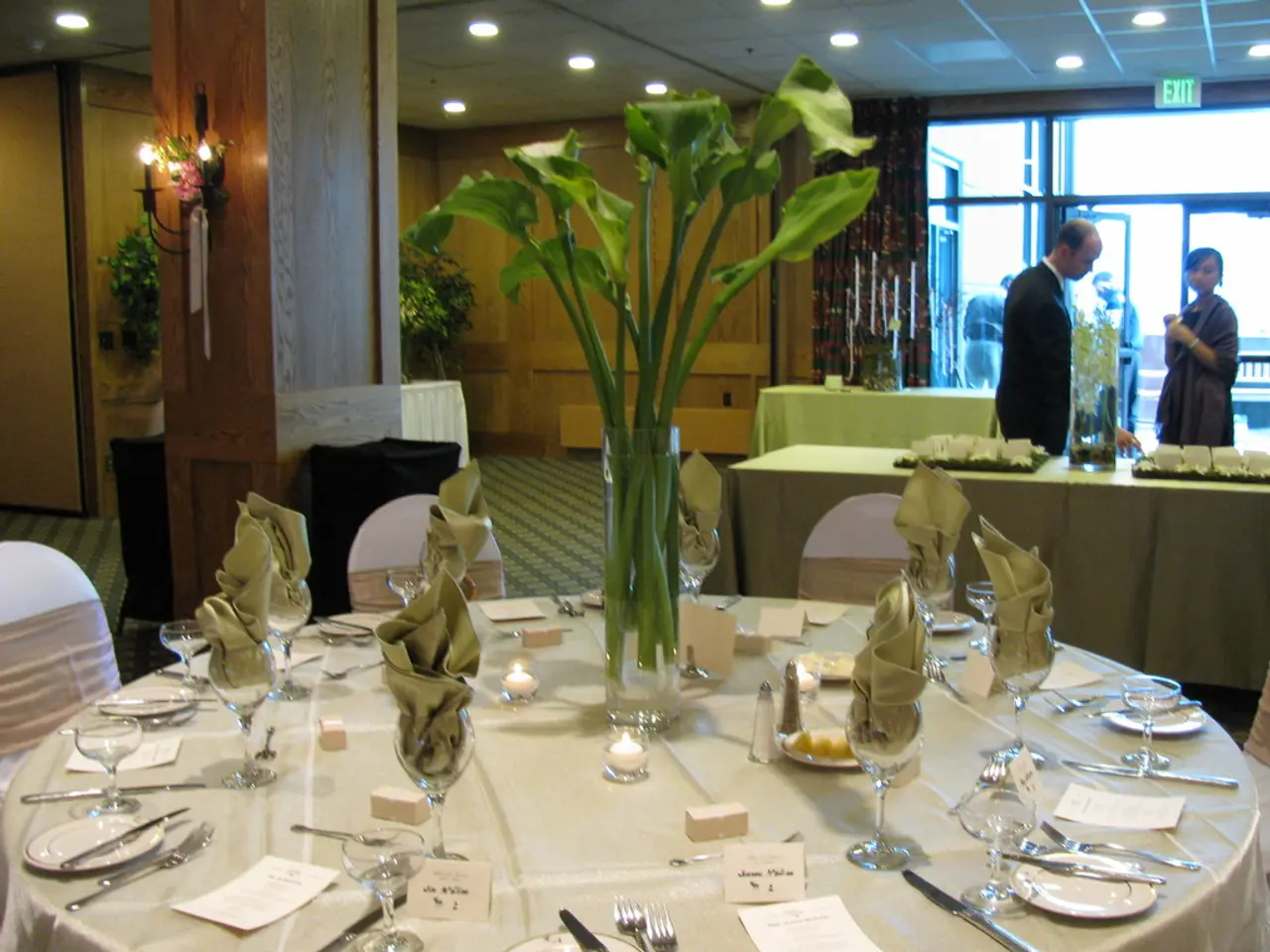South Korea grants permission for its citizens to interact with North Korea residents
South Korea has taken significant steps towards improving relations with North Korea, including the abolition of instructions that allowed the rejection of citizens' applications for contact with residents of North Korea. However, North Korea remains resistant to dialogue or rapprochement, as evidenced by a recent statement from Kim Yo Jong, the influential sister of Kim Jong Un.
In a statement, Kim Yo Jong dismissed Seoul's goodwill and warned against attempts to reverse consequences of previous policies. She stated there is "nothing to discuss" with South Korea, indicating a hardening of North Korea's stance towards its southern neighbour.
This development comes at a time when Chun Dong-Yeon, South Korea's Unification Minister, described the previous three years as "the worst in inter-Korean relations." The ongoing tension and mistrust between the two nations are evident, despite recent efforts to improve relations.
One of the significant steps taken by South Korea was the cessation of propaganda broadcasts from loudspeakers along the border with North Korea on June 11. This move was a first step towards rebuilding trust between the states, as Chun Dong-Yeon noted.
In addition, on July 28, Chun Dong-Yeon announced the abolition of instructions from the Ministry of Unification that allowed the rejection of citizens' applications for contact with residents of North Korea. This policy aims to foster people-to-people contact and mutual understanding, potentially leading to coexistence.
However, the statement from Kim Yo Jong suggests that North Korea may be moving away from the possibility of unification with South Korea. The relationship between the two nations has passed the point of no return and is no longer considered within the framework of the "one nation" concept and unification, according to Kim Yo Jong.
The challenges that the South Korean government faces in its efforts to engage with North Korea and promote peaceful coexistence are underscored by this development. The resumption of direct dialogue with North Korea remains one of Chun Dong-Yeon's top priorities.
The strategic alliance between North Korea and Russia, including military cooperation, complicates broader regional dynamics but is less directly related to inter-Korean contact policies.
Kim Ye-Jong, the deputy head of the department of the Central Committee of the Workers' Party of Korea, criticized the proposals of the new South Korean government. Her statement may signal a significant obstacle in the path towards improved relations between North and South Korea.
In conclusion, while South Korea has taken steps to reduce formal barriers to contact and ended propaganda broadcasts, North Korea remains firmly closed to dialogue or rapprochement. This development underscores the ongoing tension and mistrust between the two nations and the challenges that the South Korean government faces in its efforts to engage with North Korea and promote peaceful coexistence.
- The ongoing tension and mistrust between North and South Korea, as highlighted by Kim Yo Jong's statement, makes the resumption of direct dialogue a crucial political hurdle for the South Korean government.
- Despite South Korea's efforts to foster people-to-people contact with North Korea through policy changes, the general news suggests that North Korea's stance towards rapprochement remains persistently resistant.








